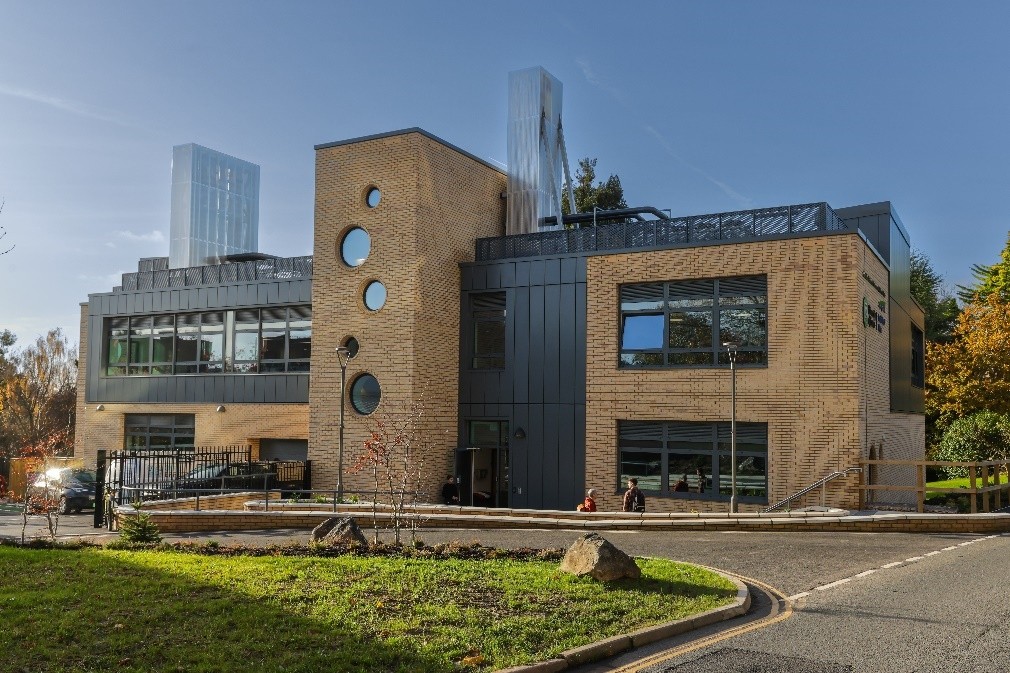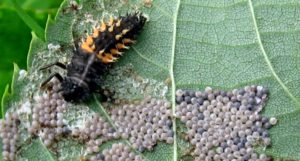Pioneering project to tackle scourge of algal blooms receives significant funding boost

The PEDAL (Prediction and Early Detection of ALgal blooms in lakes and reservoirs) project has received almost £2 million in funding from the Ofwat Innovation Fund’s Water Breakthrough Challenge, it has been announced.
A pioneering collaborative project – which will use ground-breaking new techniques to tackle the scourge of algal blooms in lakes and reservoirs – has received a significant funding boost.
The PEDAL (Prediction and Early Detection of ALgal blooms in lakes and reservoirs) project has received almost £2 million in funding from the Ofwat Innovation Fund’s Water Breakthrough Challenge, it has been announced.
The project will focus on using satellite and drone remote sensing, Artificial Intelligence, conventional water quality monitoring, and input from citizen science to build a digital twin that can forecast Harmful Algal Blooms (HABs), which lead to poor water quality and ecosystem loss, enabling the water companies to take preventative action faster.
The pivotal new project is led by South West Water and in partnership with a significant number of partners, including experts from the University of Exeter’s Centre for Resilience in Environment, Water and Waste (CREWW). The project is lead by Dr Diego Panici from the University of Exeter and Andrew Pennington, Innovation Programme & Partnerships Manager at South West Water.
Professor Richard Brazier, Director of CREWW, said: “The PEDAL project represents precisely the kind of transdisciplinary research program that we established CREWW to deliver.
“Drawing together colleagues from across the water sector, including a number of water companies, and partnering with academics from multiple disciplines at the University of Exeter’s Cornwall and Exeter campus, as well as world-leaders from Plymouth Marine Laboratory, we have assembled a team that will tackle the critical task of early prediction of algal blooms in drinking water reservoirs.
“Given that this problem is already affecting many thousands of reservoirs worldwide, we are sure that the impact of the research will be far-reaching and will enable improved water security for years to come.”
Harmful Algal Blooms can present a significant challenge to the global water sector, not only affecting ecosystems and biodiversity, but also disrupting leisure activities such as fishing, kayaking, and birdwatching.
In response, the project will produce a first-of-its-kind advanced predictive model to accurately predict the onset of algal blooms in meaningful timescale, enabling water companies to proactively deliver mitigation before these blooms affect customer water quality and supply.
Professor Lisa Roberts, President and Vice-Chancellor of the University of Exeter said: “We are delighted that this vital project, led by colleagues at the Centre for Resilience in Environment, Water and Waste (CREWW), has been selected to receive such significant funding.
“It is a testament to not only the globally recognised expertise of our team and partners in this crucial area of environmental research, but also the ability of CREWW to deliver real world impact, and solutions, that make a difference to people’s everyday lives.
“This project has the potential to develop pioneering new methods to predict and detect the onset of algal blooms in our water systems, to help experts take action before they affect both
water quality and supply. It will help companies to continue to ensure safe, affordable water and protect our natural spaces and ecological health.”
The Ofwat Innovation Fund is investing £600 million between 2020 and 2030, with 16 winners of this year’s challenge working with promising innovators from across different sectors and around the world to develop solutions to the water sector’s biggest challenges.
To find out more about all 16 of the winners of the fifth Water Breakthrough Challenge or to discover previous winners, visit waterinnovation.challenges.org



